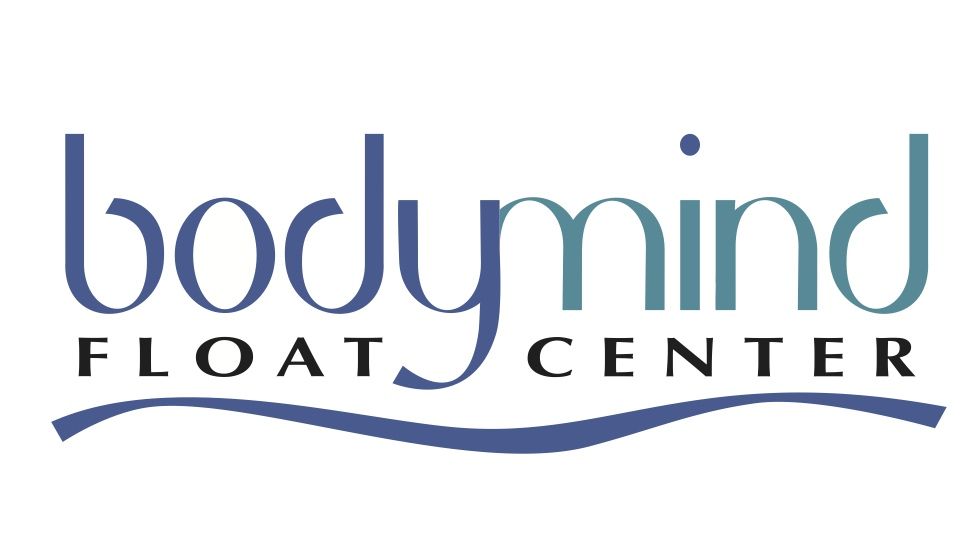On Reopening, Part 2: Floating Upstream - How to make an inherently socially distant business even safer.
One might assume that a business whose primary product is self-isolation wouldn’t need to change its operations plans to accommodate social distancing requirements. Though we don’t share the strategic challenges of hair salons or massage therapists, let alone symphony orchestras and school districts, it took a solid three months to nail down a safety plan which measured up to sky-high Bodymind standards without breaking the bank.
Receiving a vague set of governmental guidelines is one thing; connecting the logistical dots is a different universe of things. Our roadmap had dead ends and roundabouts. We debated for a month the best method to sanitize the inside of our tanks after each floater. We carefully choreographed a 12-foot squeegee pole dance and taught it to our staff over a Zoom meeting, only to realize the joy of power-washing the day before opening. We desperately got in line for two state-of-the-art Victory electrostatic sprayers. They now lie unused in our living-room, replaced by $15 plastic garden sprayers from Lowes. Ridiculously, it took three days of research to secure an adequate number of shower slippers in color-coded sizes as we were no longer permitting bare feet in our lobby.
Our operations plan had to fall in line with a financial plan that assumed the worst - a collapsed economy, border shut downs and rising prices due to scarcity of resources. Our supplier of pump filters called us in April to warn us of potential shortages, and so we stocked up. Our British-made tank needed repair, but we had no confidence that our shipment would make it overseas. We streamlined our systems and shed items that weren’t essential to our services. We rolled out a new “no questions asked” policy regarding early cancellation of memberships. Our belt was not the only one tightening.
Post written by Pattie, owner




